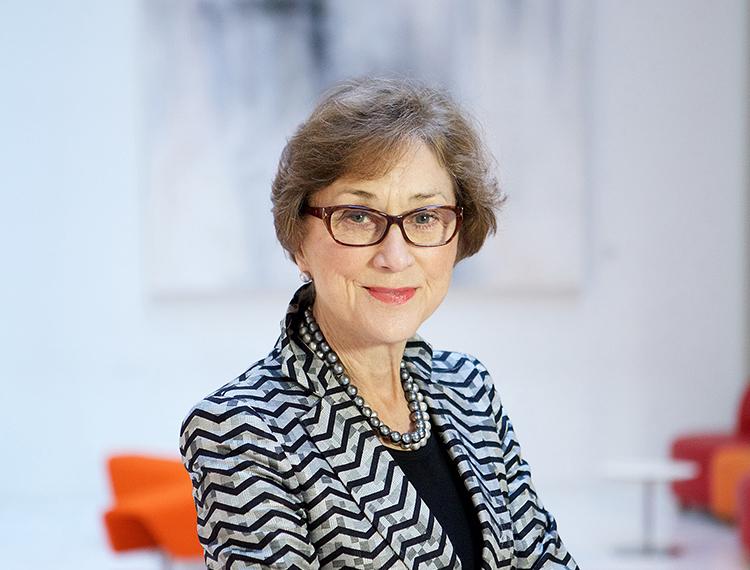SMEs must take mental health more seriously

Professor Dame Carol Black calls SMEs to treat mental health issues as a priority and suggests practical steps they can take to introduce a good mental health culture.
Speaking to the British Safety Council, Professor Dame Carol Black, a leading expert and a passionate campaigner promoting good mental health in the workplace, urged SME (small and medium enterprise) owners and managers to get onboard with the mental health agenda.
“One in four employees in the UK have mental health problems. Their symptoms include stress, anxiety and depression, which affect their own performance and wellbeing, as well as that of other workers. These are the key reasons why SMEs should start treating mental health issues as a priority,” says Professor Black.
Her practical advice has been recorded by the British Safety Council in this short film, Mental Health & SMEs.
“Mental health issues affect small companies to a much greater extent than larger enterprises. Due to their size and fewer resources, SMEs cannot afford to have employees not working to their full capacity,” warns Professor Carol Black.
“The signs that the things are not well in a company are: poor productivity and employee engagement, as well as various symptoms of stress, which express themselves in growing propensity to take sick leave, increased turnover and presentism,” she said.
Professor Carol Black suggests practical steps which every company, regardless of their size and budget, can undertake to introduce a culture that promotes good mental health. “You have to train your managers in people management skills and add to this a mental health component. Then they will be able to recognise the signs when an employee becomes less well. This approach should be complemented by training at a peer-to-peer level. Mental health first aid training will enable staff to provide support for their colleagues.
“This approach doesn’t cost very much, although it takes time to develop. It will lead to better staff engagement and productivity, benefiting both employees, their companies and the wider society. However, it has to come from the top,” concludes Professor Black.
Professor Dame Carol Black will be a keynote speaker at the British Safety Council’s Annual Conference ‘Health and Safety: preparing for the future’ to be held on Wednesday, 4 October 2017 at The King’s Fund, London. She will address mental health issues in the workplace, using case studies to demonstrate the simple steps that can be taken to reduce the stigma and support employees.
 The film Mental Health & SMEs has been produced by the British Safety Council as a part of its special 60th Anniversary Supporter Offer launched in January 2017 for small organisations and charities to help them manage health, safety and environmental risks.
The film Mental Health & SMEs has been produced by the British Safety Council as a part of its special 60th Anniversary Supporter Offer launched in January 2017 for small organisations and charities to help them manage health, safety and environmental risks.
The British Safety Council is addressing the challenges of mental health and, as a founder and supporter of the charity Mates in Mind, is focused on improving mental health of construction workers.
About Professor Dame Carol Black: Professor Dame Carol Black is Principal of Newnham College Cambridge, expert adviser on health and work at Public Health England, expert adviser to NHS England on the health and wellbeing of NHS staff and Chairman of the Nuffield Trust for Research and Policy Studies in Health Services. She is also a member of the Welsh Government’s Bevan Commission on health in Wales. She has recently completed for the Prime Minister an independent review of the impact of addiction to drugs, alcohol or obesity on employment and the benefits system.
About the British Safety Council: For more than half a century we’ve been a trusted guide to excellent health, safety and environmental management. We have educated millions of workers and made hundreds of thousands of workplaces safer for everyone. We do this by sharing information, supporting, advising, educating and campaigning. We are a membership organisation and a charity.








Responses